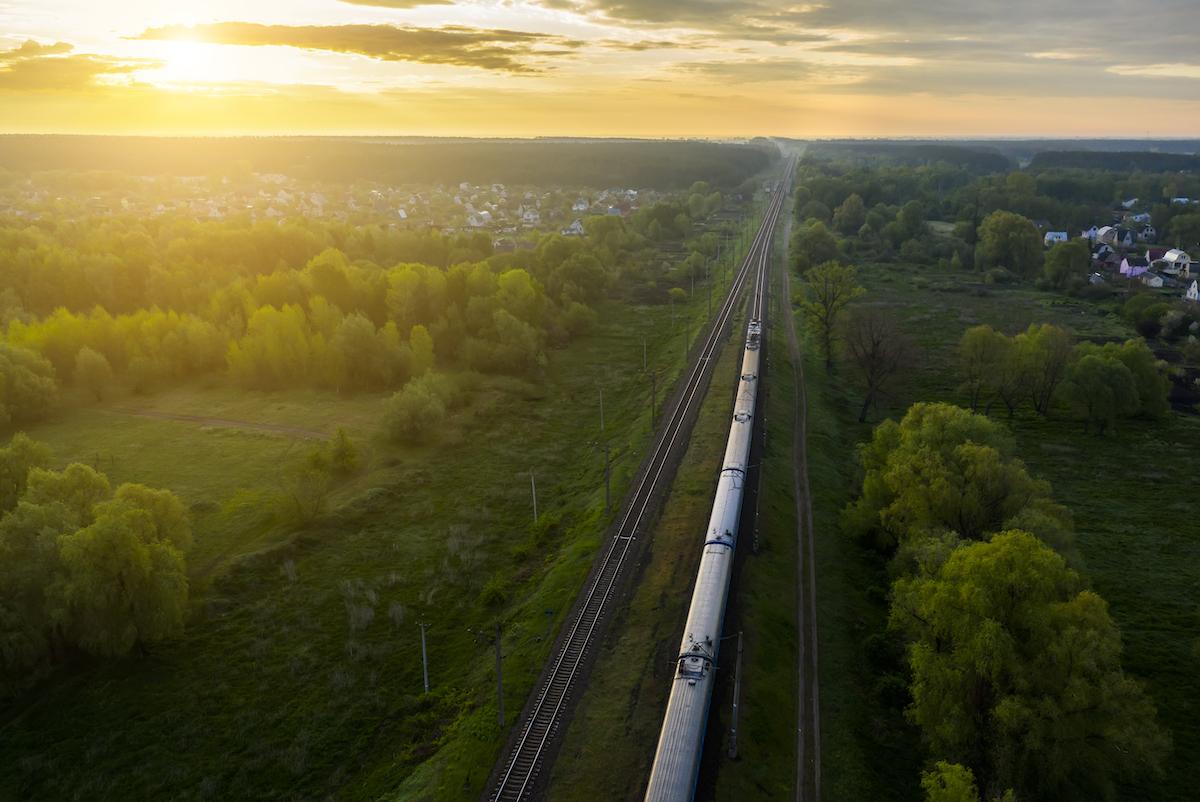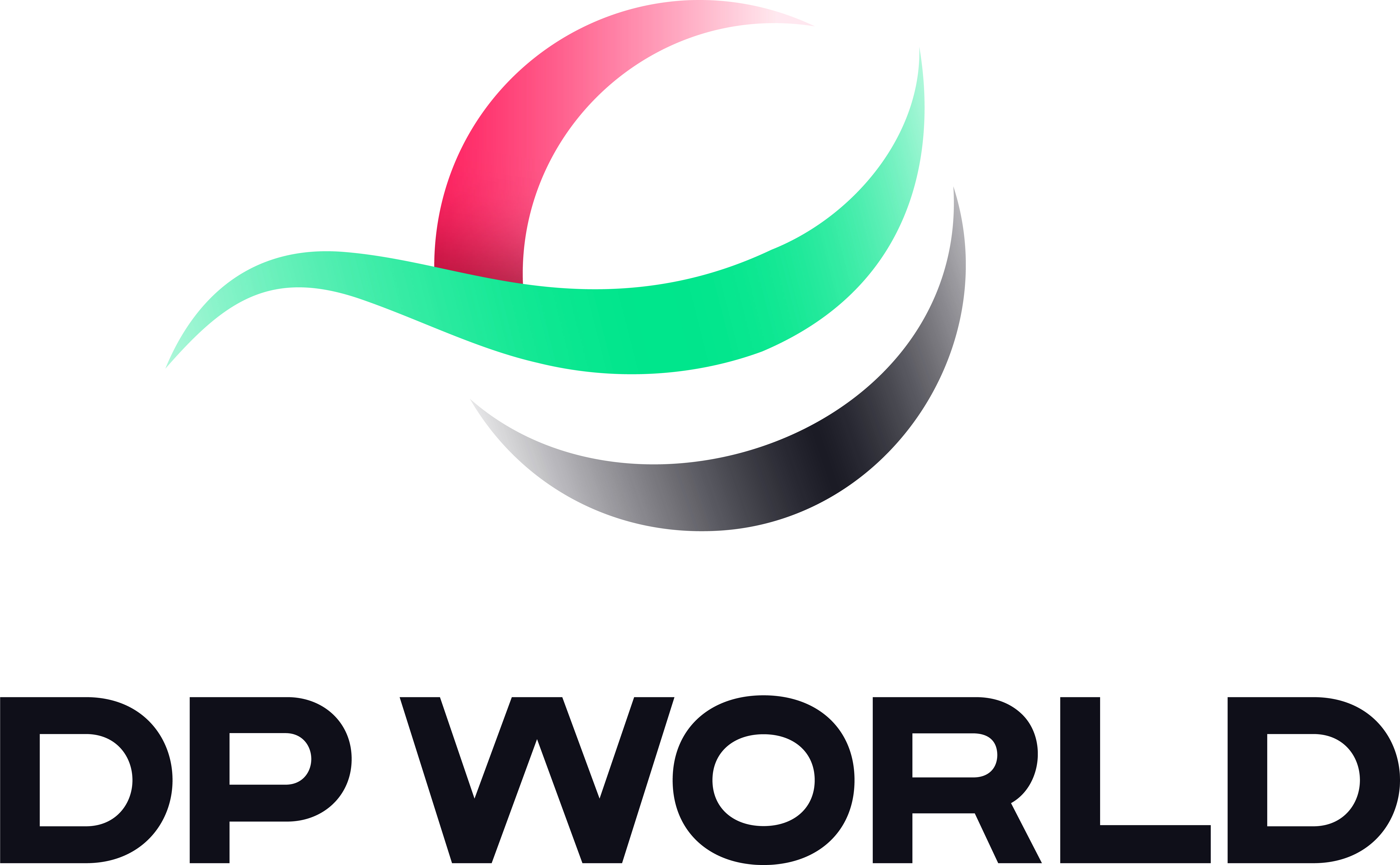Integrating Sustainability Into Freight: The DP World Approach
In this Q&A Sarah Mouriño, Senior Director of Sustainability for the Americas, discusses how DP World is using smart logistics to support sustainability

In today’s highly competitive logistics industry, sustainability is increasingly becoming a crucial determinant in shaping company policies and influencing consumer preferences. Sarah Mouriño, DP World’s Senior Director of Sustainability for the Americas, recently sat down with Sustainability Magazine to discuss how DP World is intergating sustainability within the logistics and freight sector.
This article originally appeared in Sustainability Magazine. How is DP World Integrating Sustainability into Freight?
With over two decades of experience, Sarah Mouriño, the Senior Director of Sustainability for the Americas at DP World, has focused on integrating sustainability into the global movement of goods and decarbonizing freight operations across North America and Europe – all with an emphasis on innovative and collaborative initiatives. In her role, she is responsible for developing and implementing the company’s regional sustainability strategy and ensuring that its business operations remain aligned with its environmental, social and governance (ESG) goals.
“My passion for sustainability began unexpectedly during a graduate internship, when my fascination with the extensive coordination required to move products worldwide led me to become a leading global expert in freight sustainability – an emerging field at the time,” she says.
Born and raised in the Pacific Northwest, Sarah holds a B.A. in Environmental Planning and Policy from Western Washington University and an M.A. in Policy Studies from the University of Washington, specialising in international environmental policy and maritime affairs.
Prior to joining DP World, Mouriño spent time with SSA Marine, BSR, the International Maritime Organization, Maersk, and the Port of Seattle, showcasing a robust background in both the public and private sectors across North America and Europe. Her expertise encompasses stakeholder engagement, regulatory and policy development and sustainability reporting.
After years abroad in Canada and Europe, she returned to the Puget Sound area to raise her family.
She discusses how smart logistics support sustainability in the supply chain.
What does DP World do? What is smart logistics?
DP World is a global leader in marine terminal operations and a pioneer in sustainable trade logistics, aiming to enhance global trade flows and positively impact the communities and customers that we serve.
With a dedicated, diverse and professional team of more than 111,000 employees spanning 77 countries on six continents, we integrate ports, terminals, logistics, marine services, and technology to streamline global trade.
“Smart logistics” refers to the integration of advanced technologies such as IoT, AI, big data analytics, and automation into the supply chain to enhance efficiency, improve accuracy, and reduce operational costs.
Here at DP World, we believe in leveraging these innovations to their highest advantage; by investing in smart logistics innovations like intelligent delivery systems and automated warehousing, we can ensure seamless trade from factory floor to the customer’s door.
What is DP World's sustainability strategy?
At DP World, our "Our World, Our Future" sustainability strategy aims to positively impact the communities, environment and economies where we live, work and play. We prioritise safety, security, well-being, ethics and community engagement, and actively address climate change and personal development.
Our efforts focus on three main areas:
- Empowering women
- Enhancing education
- Improving water resources
Adhering to the Global Reporting Initiative standards, we ensure transparency in our initiatives and have pioneered sustainable development reporting with the first-ever Sustainable Development Impact Disclosure (SDID).
How has DP World achieved successes in decarbonisation leading to the increased target?
DP World is actively pursuing decarbonisation with five-year strategic plans that emphasize electrification, low-carbon vessels, renewable energy, operational efficiency and enhanced monitoring and reporting. Committed to the Science-Based Targets Initiative, we aim for a 42% reduction in Scope 1 and 2 emissions by 2030, a 70% reduction across Scope 1, 2 and 3 by 2040 and net-zero operations by 2050.
In the Americas, our key initiatives include electrifying equipment such as container cranes in Brazil to potentially reduce emissions by 60%, adopting electric vehicles and cranes in the Dominican Republic to cut CO2 emissions by 75%, and replacing older cranes in Chile to save 800 tons of CO2 annually. Peru saw the introduction of the nation’s first electric truck charging station, and in Vancouver, we're piloting a hydrogen-powered crane. These efforts reinforce our leadership in sustainable port operations and our commitment to a 42% emissions reduction by 2030 and achieving net-zero by 2050.
What are the challenges facing DP World's in Scope 3 decarbonisation? What is DP World's strategy for decarbonisation in Scope 3?
Decarbonising Scope 3 emissions is challenging, heavily reliant on robust partnerships with suppliers to manage and reduce indirect emissions.
We completed our Scope 3 strategy in 2022, which sets the methodology for calculating the carbon footprint and obtaining external assurance for the data.
In the short-term, we are focused on enhancing the accuracy of emission measurements, engaging our suppliers in sustainability practices and exploring insetting opportunities.
What advice would you give sustainability leaders looking to boost decarbonisation in their organisation?
Learn the business that you're working in. Sustainability leaders should have a deep understanding of their business operations – figure out what keeps your operations teams up at night.
Understanding these core challenges faced by your business will enable you to develop far more effective and impactful strategies that not only advance environmental goals, but demonstrate the intrinsic value of sustainability initiatives to the broader organisation.

